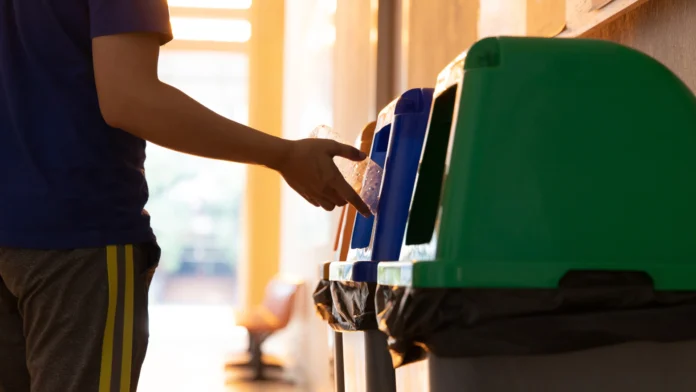Innovation and sustainability are becoming one in a rapidly evolving technology landscape, and waste management is only one of many sectors that are being impacted.
Technology has arisen as a potent tool for creating a future that is less harmful to the environment and more sustainable as our world faces the problem of increasing waste.
The Current State of Waste Management
There is a major environmental crisis on the rise due to the extraordinary increase in garbage output around the world. The variety and amount of trash make it difficult for conventional waste management methods to keep up.
In addition to soil and water contamination as well as greenhouse gas emissions, landfills, which were formerly the principal disposal technique, are now showing signs of being unsustainable.
1. Smart Bins: Efficient Collection
One shining example of modern garbage collection efficiency is the rise of “smart bin” technology. These bins are fitted with sensors that allow them to optimize waste collection routes, which in turn reduces pollutants and fuel usage.
Furthermore, they enable real-time monitoring, which helps waste management authorities determine when bins are full, plan for pickups at the appropriate times, and avoid overflowing.
2. The IoT and Waste Management
Through its ability to link disparate devices and systems, the IoT is indispensable in the field of waste management.
You can optimize collection routes, analyze trash composition, and improve operational efficiency with vital data provided by sensors in garbage bins and collection vehicles that are Internet of Things (IoT) enabled.
Waste of resources is reduced and waste management techniques are made more precise using this data-driven approach.
3. Waste-to-Energy: Power from Waste
A more environmentally friendly option to conventional garbage disposal methods is waste-to-energy systems.
We can use less fossil fuels thanks to modern incineration and gasification technologies, which turn garbage into electricity.
Both the production of clean energy and the reduction of waste’s environmental impact are enhanced by this.
4. Decentralized Garbage Monitoring System
The use of blockchain technology has revolutionized waste management by making all operations transparent and traceable.
Blockchain technology increases transparency and decreases the likelihood of fraud by producing an unchangeable ledger of trash production, disposal, and recycling.
To promote a circular economy that makes efficient use of recycled and repurposed materials, this degree of openness is essential.
Conclusion:
In the battle for sustainability, technology is a potent weapon as we address the issues with contemporary waste management.
Two instances of how technology is transforming waste management are the usage of smart bins to maximize collection routes and produce electricity from waste.
Adopting these innovations will not only solve the waste problem now but also pave the way for a cleaner, more sustainable future. We can achieve a balance between environmental stewardship and human progress as long as we continue to harness the power of technology.






